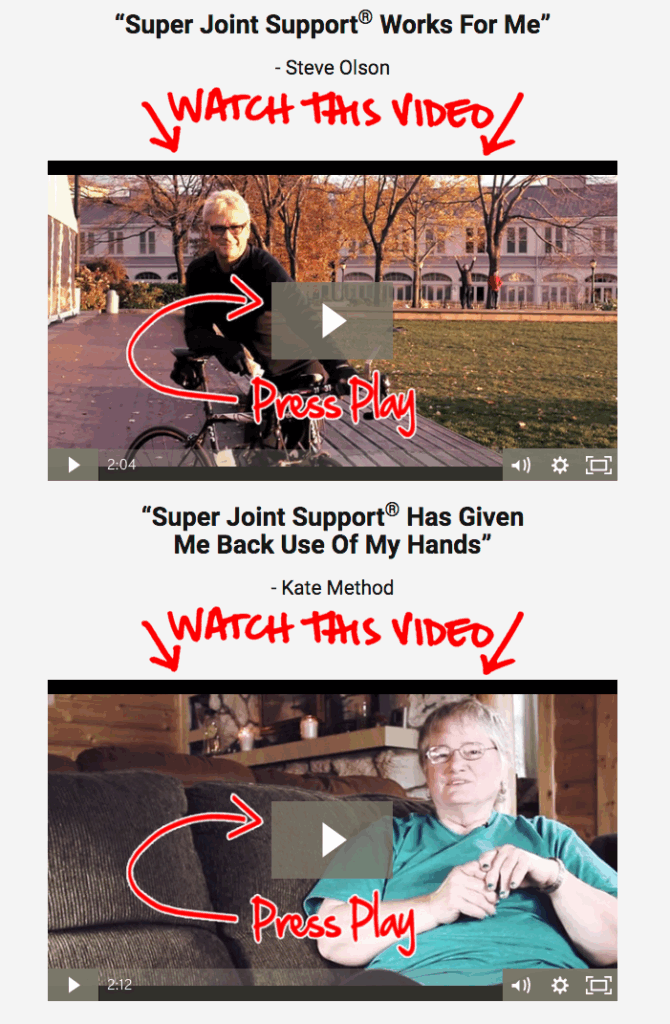The key to preventing and managing a sore back is altering a few behaviors that put stress on your back. There are a few guidelines to keep in mind on proper posture, lifting, and exercising. There are also quite a few remedies on the market that can help you to manage a sore back. Heating pads, muscle creams, and pain medications can ease back pain temporarily.
Sometimes it takes a while for back pain to surface, so even if you don’t feel pain right when you’re engaging in strenuous activity, don’t overexert yourself to the point that your back does become sore. The soreness can surface overnight, or it can even take a few days to set in.
More importantly, to ease a sore back and prevent one in the future, you must incorporate a few basic lifestyle changes in the way you sit, stand, lift, and exercise. Following these steps can alleviate your soreness, and if they don’t work for you, it can indicate a need for medical attention.
Posture
When sitting, don’t slump over. If you work in an office and sit in a chair for several hours a day, consider an ergonomic chair designed to make proper posture easier. If your current office chair lacks proper back support, you can purchase a separate support cushion to target your lower back. Once your back support is established, consider seat height. Your thighs should be parallel to the ground; if your feet cannot reach the ground comfortably from a sitting position, lower your chair or use a footrest.
Lifting
When lifting heavy items, bend at the knees – don’t reach down and use your back to bear the weight you’re lifting. If the item you’re lifting is on a raised surface such as a table, pull that item closer to you before you lift it. Ask for help if you’re still struggling to lift something after you’ve tried the first two methods.
Exercise
Whether you’re a beginner at exercise or you’re an athlete, it’s essential to know how to take care of your back while exercising. Back pain might discourage you from exercising, but most medical professionals highly recommend exercise as a remedy for back pain. If you’re new to exercising, see a doctor for stretching recommendations. Stretching is a key element to exercise, and disregarding it can cause even more severe strain on your back.
Work your way up and follow your body’s cues on how much activity it can withstand. Don’t overdo your workouts when you first start – not only can it cause injury, but it might further deter you from establishing an exercise routine.
If your sore back becomes persistent, see a doctor. Acute back pain is caused by temporary strain to the back, and it can heal within a few days or weeks depending on how much you rest. However, recurring soreness can signal a more chronic condition for which you should seek medical attention. There are plenty of home remedies and solutions on the market that can help you to alleviate a sore back, but if you’ve exhausted all your options, these remedies are never a substitute for a medical professional’s diagnosis.






